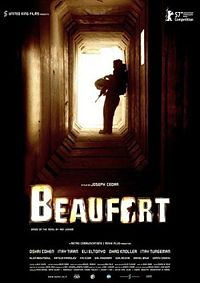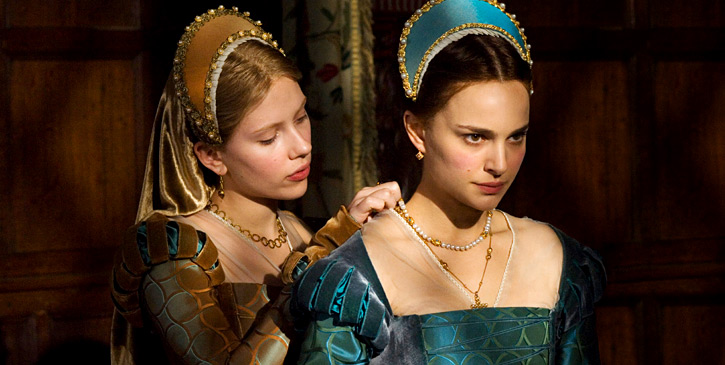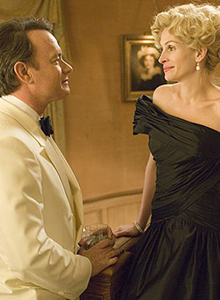‘Beaufort,” the first Israeli movie nominated for the best foreign film Oscar in 24 years, is a meditation on the tragic ironies that soldiers face while ending an 18-year occupation of a medieval fortress in Lebanon. Despite their valor, the soldiers’ mission increasingly seems like an exercise in futility. They might as well be waiting for Godot.
Even though the Israelis are leaving, Hezbollah forces are becoming more aggressive and trying to make the evacuation look like a retreat. Meanwhile, far away, generals and politicians issue orders that seem clueless or callous or both, when they even remember Beaufort at all.
Built during the Crusades of the 12th century, Beaufort (“Beautiful Fort”) has been fought over off and on ever since. We are told in opening text that raising the Israeli flag over Beaufort in 1982 had enormous political and cultural symbolism. But 18 years later, as the movie begins, it is not at all clear what leaving the fortress will symbolize. Are the Israelis leaving in triumph, having accomplished their goals? Or is it surrender? The soldiers are trying simultaneously to protect themselves, fight the enemy and leave with dignity, with some sense that the time they spent and the lives they lost meant something and made a difference.
(more…)

 Take away the sumptuous settings and Hollywood glamour and what you have here is like Henry VIII for Dummies enacted by the cast of the OC.
Take away the sumptuous settings and Hollywood glamour and what you have here is like Henry VIII for Dummies enacted by the cast of the OC. It is not easy to take a wealthy socialite, a powerful Congressman, and a CIA agent, have them played by three Oscar-winners, two who are genuine box office gold, and make them look like the underdogs, but in this “extraordinary story of how the wildest man in Congress and a rogue CIA agent changed the history of our times” (as put in the unusually accurate book subtitle), that is what they are.
It is not easy to take a wealthy socialite, a powerful Congressman, and a CIA agent, have them played by three Oscar-winners, two who are genuine box office gold, and make them look like the underdogs, but in this “extraordinary story of how the wildest man in Congress and a rogue CIA agent changed the history of our times” (as put in the unusually accurate book subtitle), that is what they are.